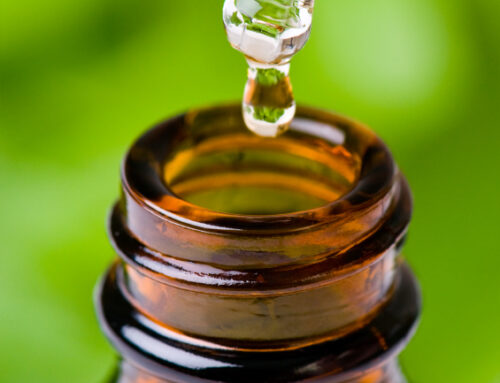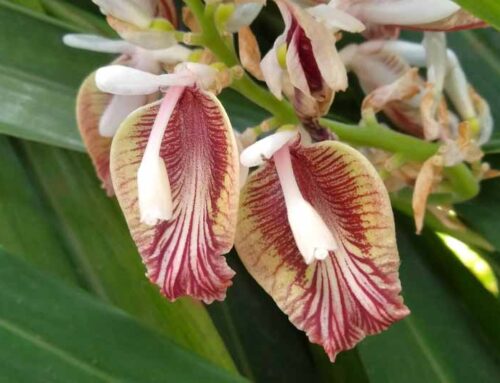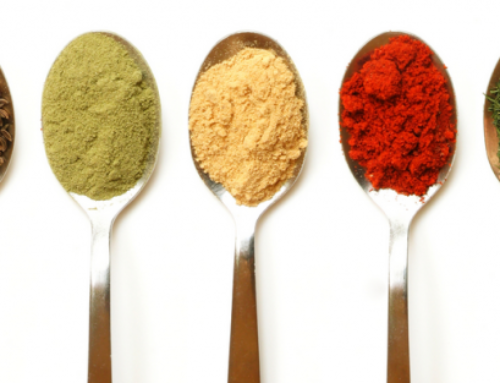Climate change is being linked to longer pollen seasons nationwide. It is not your imagination that allergy season has lengthened in the last few years. Researchers have reported a connection between global warming and the ragweed season increasing in North America that may be affecting millions of allergy suffers.
According to a study of 20 researchers published in the journal of the Proceedings of the National Academy of Sciences ragweed season has extended between 1995 and 2009.
“We knew already that springtime was coming 10 to 14 days earlier than it did 20 years ago. But this new work measures the length of the ragweed pollen season in the US for the first time, and finds it’s getting longer as temperatures rise,” writes study co-author Kim Knowlton, a scientist at the Natural Resources Defense Council and a professor at Columbia University’s Mailman School of Public Health.
“The effect is greater the farther north one goes,” she says. “If these warming trends continue (as they’re projected to) under a changing climate, the health of people with severe allergies or asthma could really suffer.”
If climate change wasn’t enough, the American Lung Association explains ozone pollution in the following text. What you see coming out of the tailpipe on a car or a truck isn’t ozone, but the raw ingredients for making ozone. Ozone is formed by chemical reactions in the atmosphere from two raw gases that do come out of tailpipes, smokestacks and many other sources. These essential raw ingredients for ozone are nitrogen oxides (NOx) and hydrocarbons, also called volatile organic compounds (VOCs). They are produced primarily when fossil fuels like gasoline, oil or coal are burned or when some chemicals, like solvents, evaporate.
When NOx and VOCs come in contact with both heat and sunlight, they combine and form ozone smog. NOx is emitted from power plants, motor vehicles and other sources of high-heat combustion. VOCs are emitted from motor vehicles, chemical plants, refineries, factories, gas stations, paint and other sources. The formula for ozone is simple, and like any formula, the ingredients must all be present and in the right proportions to make the final product.
In the American Lung Association 2011 State of Air Report they list the 25 worst cities for ozone pollution, we have listed the top 12 of the 25 below:
#1: Los Angeles-Long Beach-Riverside, CA
#5: Sacramento–Arden-Arcade–Yuba City, CA
#7: San Diego-Carlsbad-San Marcos, CA
#8: Houston-Baytown-Huntsville, TX
#9: Merced, CA
#10: Charlotte-Gastonia-Salisbury, NC-SC
#11: San Luis Obispo-Paso Robles, CA
According to the American Lung Association, the people most at risk from ozone pollution are children, teens (lungs are still developing), people age 65 or older (respiratory and cardiovascular problems are more from ozone polluted air), people with allergies, asthma, chronic bronchitis, or emphysema, people with cardiovascular disease or diabetes and people of lower income (they generally live closer to the source of ozone pollution). What can you do about ozone depletion, a longer pollen season, climate change and allergies?
- Educate yourself about ozone pollution and climate change and how they affect pollen and your allergies.
- Be mindful about your own contributions to ozone pollution, how often you drive your car, by using low VOC products, and keeping your use of two stroke garden equipment to a minimum.
- Use a HEPA facemask, they are lightweight and can help protect your respiratory system and sinuses from the worst pollen and ozone depletion days when doing gardening and outdoor activities if you are an at-risk person.
- Use a HEPA air purifier to help clean the air in your home of pollutants that might cause sinus problems.
- Regular neti pot use helps keep our sinuses in good health and aids our body in flushing toxins from our sinus cavities.
- When you have been under stress remember to use your Sinus Rejuvenation Oil regularly to help support your body’s healthy sinus function.
Check out the Baraka education section for more hints on using your neti pot, infused salt, and sinus oil to maintain your sinus health. Share with us on Facebook about what helps you when allergies are getting you down? Tell us what has worked for you?







Leave A Comment